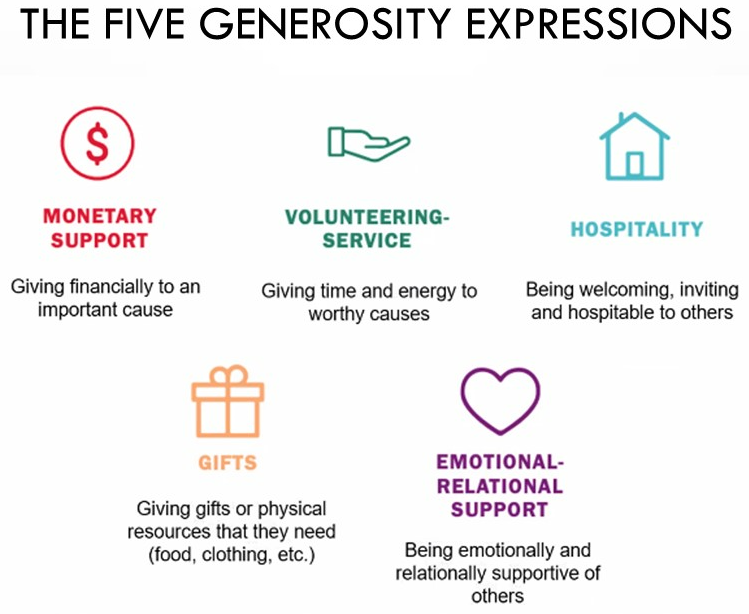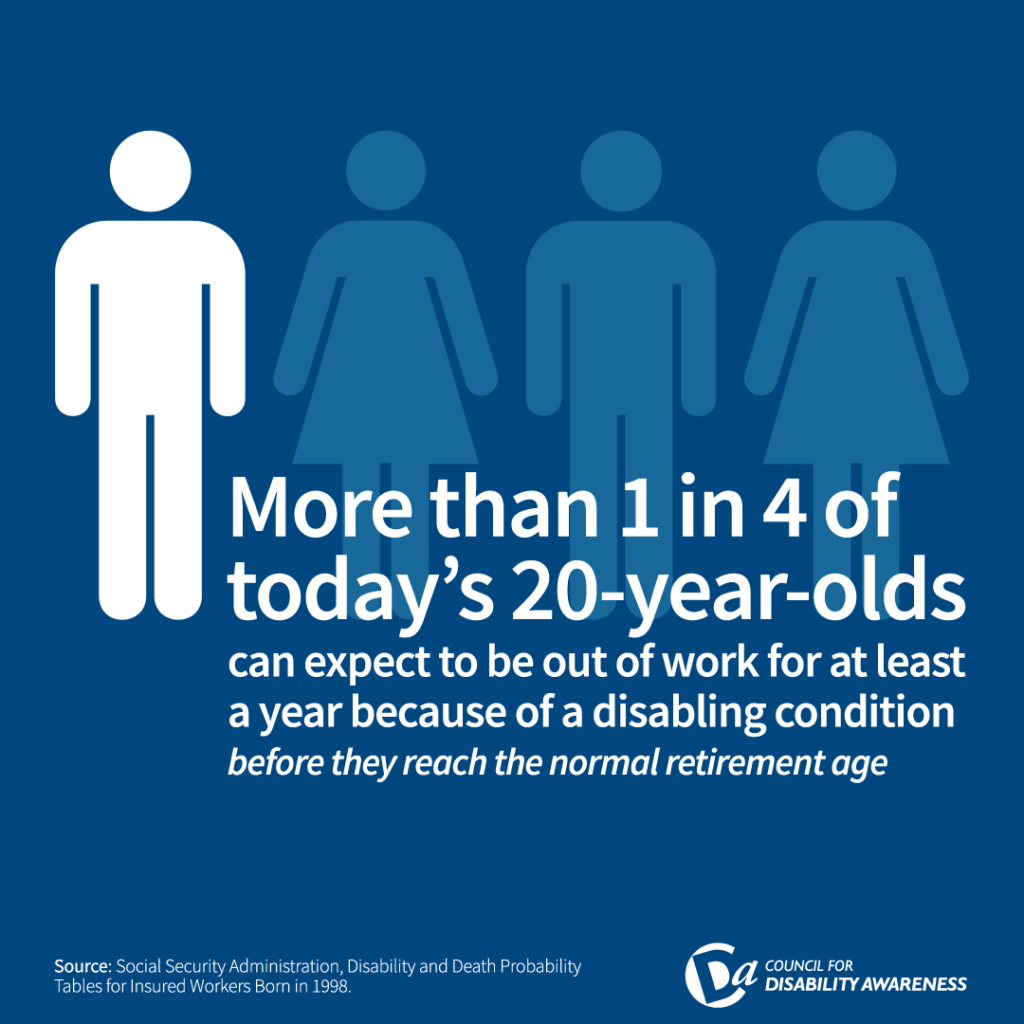God, we praise you for the many ways you fulfill your promise to care for us and our needs. As Jesus put it, you care about us more than the sparrows, and you take care of their needs. Remind us of your steadfast faithfulness. Let that be a firm foundation that we can build our pursuit of financial faithfulness upon.
As you have kept your promises, so help us trust you. May the words you have promised your people through Jesus be ever true.
But will you really be served by our financial faithfulness? After all, you own it all. It is all yours. Whatever we find clever ways to attach monetary value to, it’s already yours. The parts, the labor, the ownership of business and governments. You are king over it all. Remind us that we don’t serve you because of your lack. But that in your riches, you provide us opportunity to love you, love others, and teach people the way of Jesus through how we manage our finances.
When we are wronged by those with more money and power than us, and we cry out to you for justice: hear our prayer. Do not let the wealth of the rich enable them to run roughshod over the good of your people, or of our community.
When we are faced with volatility; when the markets fall, or fail; when inflation runs rampant and makes every trip to the grocery store a painful reminder of how little control we have over our own fate; when jobs evaporate, housing prices escalate, and the financial system that gives so much security wobbles; when all that happens, remind us to call out to you. Hear from heaven and act to relieve suffering, to restore hope, and to anchor our hope in you rather than the markets.
When we pass through a season of personal conviction, of heightened awareness about how the financial networks of the world work so strongly in our favor at the expense of so many others; when the tinge of conscience strikes about child miners in the Congo who dig rare earth metals so we can have new, fancy cell phones; when our eyes are opened to the abundance, the excess that we live in, that encumbers so much of our lives and that we spend so much time and effort managing and stressing about; lead us into productive paths of repentance. Teach us the way to live in financial peace and justice which blesses all our neighbors as much as possible, not just the endless pursuit of more.
When we pass through a season of personal lack, where budgets don’t make it, where we’re constantly in the red, where the math never works out, and where financial ruin looks to be around every corner; when we cry out in prayer, hear us! If we have sinned, show us our sin. If we need to learn trust, help us to trust in you rather than our financial resources. Teach us to be content in all things, even when the pocketbook is stretched to the max.
When others hear and see your people living generously, prick their hearts about the idolatry of money. Help them long for freedom from slavery to possessions. Move in their hearts to cry out to you. And hear them!
When our financial faithfulness is lacking, redirect our path. In your mercy, please be gentle. Help us learn generous living in little pieces, bit by bit. But if learning freedom from financial idolatry requires loss, pain, heartache, then, Lord, we ask that you would help us to bear it. As we watch our financial security slip away, turn our hearts to you, the Lord who gives and takes away. As we watch our resources abound, turn our hearts to you, the Lord who blesses that we may be a blessing.
May your eyes be ever open to the needs of your servants. As you clothe the grass of the field with beautiful wildflowers, and as you feed the birds who don’t gather, or invest, so, too, care for your people. Meet the needs of the day. Guard us from the worries about tomorrow. Give us neither too little nor too much, so we don’t fall into temptations. Turn our hearts to walk in your riches.
And may we live in a hope that doesn’t come from wealth; a fear that doesn’t come from poverty; but in all things through joy in you. Our God and Provider.


